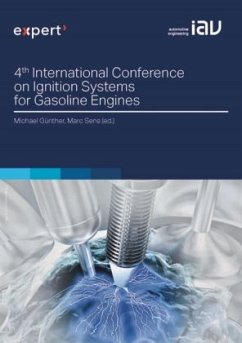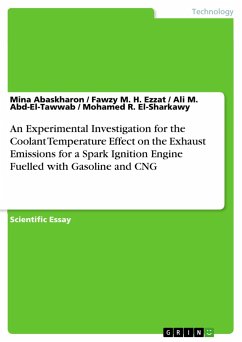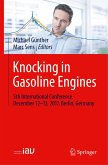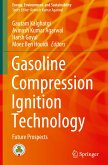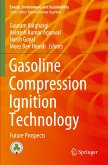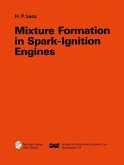In addition to increasing electrification, forecasts show a worldwide increase in the number of gasoline engines being produced. Rising industrialization will likely lead to 120 million new registrations, at least 75% of them for vehicles based on combustion engines, by the year 2030. Ambitious climate targets will remain a chimera as long as the gasoline engine is not adapted to help significantly reduce carbon emissions. In addition to the requirements of the established markets, we must be prepared for new challenges in emerging economic regions in particular. Engines require greater optimization while remaining sufficiently robust to meet the demands of use all around the world. In addition to the Miller combustion cycle, the industry needs engines that employ strongly chargediluted combustion to achieve efficiencies significantly above 40%. Instrumental in this will be ignition processes with great potential to shift ignition limits.

